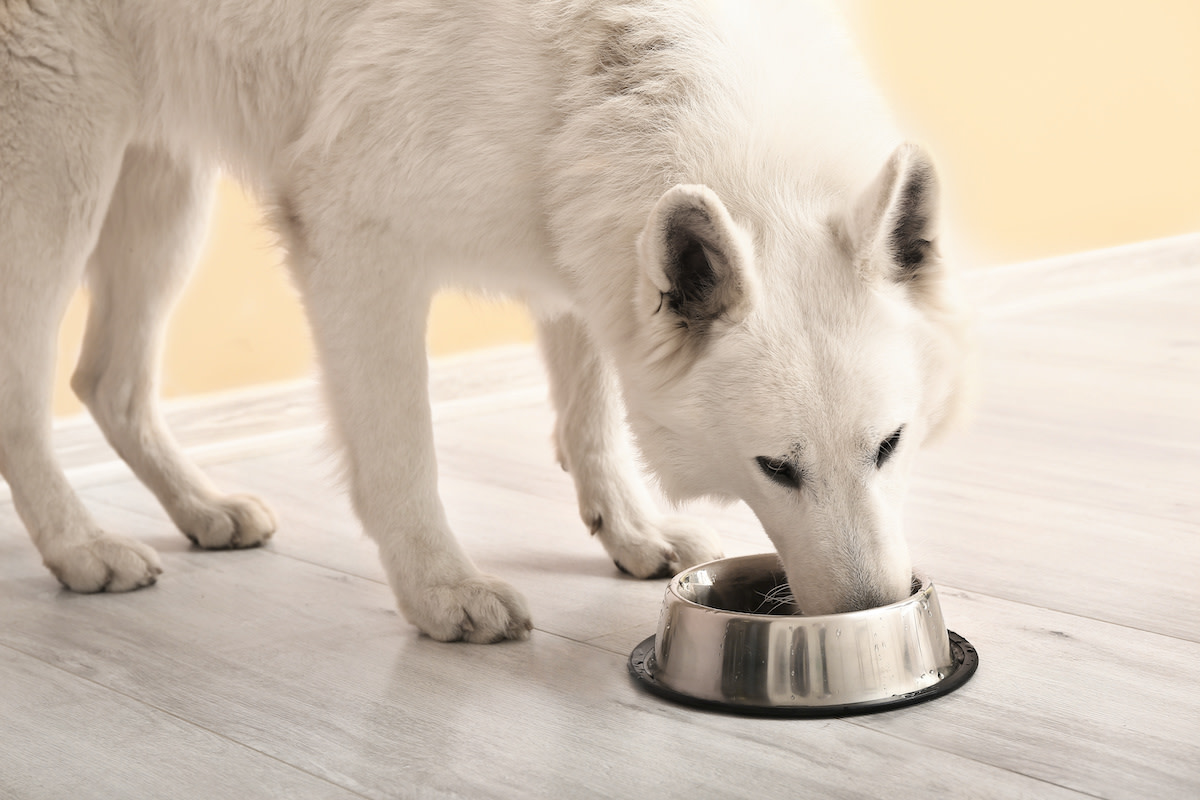Can Dogs Eat Jalapeños? 3 Health Risks for Dogs
Written by MasterClass
Last updated: Mar 22, 2022 • 1 min read
Dogs cannot eat jalapeños without experiencing adverse side effects from the hot peppers. Jalapeños are not toxic to dogs, but they can harm your dog’s health. The capsaicin in jalapeños (which gives them their spicy flavor) can cause stomach upset and other digestive issues for your canine friend.
Learn From the Best
Can Dogs Eat Jalapeños?
Dogs should not eat jalapeños. As with other spicy foods, these peppers can upset your dog’s stomach. Jalapeño peppers contain capsaicin, the chemical compound that gives spicy peppers their kick; the capsaicin in jalapeños can cause several issues for your dog’s digestive system.
Dogs have significantly fewer taste buds than humans, but their tongues will experience a burning sensation from the peppers, even with a limited sense of taste.
Pet owners should avoid adding jalapeños to their dog's diet because of the detrimental effects on their pooch’s overall health. Instead, opt for dog-safe peppers that are lower in capsaicin and easier on your dog’s digestive tract—like bell peppers or sweet peppers—which offer health benefits for your furry friend as a source of nutrients like folate, manganese, and antioxidants.
Why Are Jalapeños Bad for Dogs? 3 Side Effects
Dog owners should avoid feeding their pets spicy human foods like jalapeño chips, raw jalapeños, or pickled jalapeños and instead offer their dog nutritious store-bought or homemade dog food. Some of the negative effects that can result if your dog eats jalapeños include:
- 1. Excessive thirst and bloating: Jalapeños can cause your pooch to feel thirsty from the burning sensation caused by capsaicin. They may drink too much water, resulting in bloating and stomach pain.
- 2. Stomach issues: Consuming jalapeños or hot chili peppers can cause stomach ulcers or irritate your dog’s gastrointestinal tract.
- 3. Vomiting and diarrhea: Dogs can react negatively to jalapeños and experience adverse effects like vomiting, diarrhea, or other issues.
Before Sharing With Your Pooch
Certain human foods can cause adverse reactions in canines, so always consult your veterinarian to determine whether it is safe to add these foods to your pet’s diet. This article is for educational and informational purposes and is not a substitute for medical or dietary advice.
Want to Learn More About Training the Goodest Boy or Girl?
Your dream of having a dog who understands words like “sit,” “stay,” “down,” and—crucially— “no” is just a MasterClass Annual Membership away. The only things you’ll need to train up a well-behaved pup are your laptop, a big bag of treats, and our exclusive instructional videos from superstar animal trainer Brandon McMillan.
